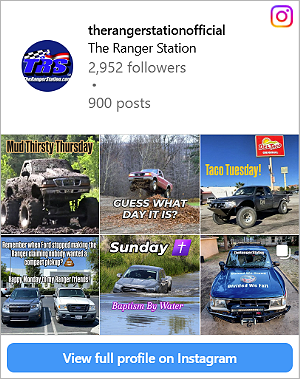Octane is a heat rating
A gallon of 87 octane and a gallon of 93 octane have the same energy stored
Its how the energy is released and used that makes the difference, the efficiency of the conversion
Gasoline engines are 25% efficient
If a gallon of gas costs $4 then $1 pushes you down the road, $3 is used to heat up the engine and air around it
SUCKS don't it, lol
Newer gasoline engine designs are pushing close to 30% to 35%
Diesels were 30% to 35% and now pushing 40% to 45%
Electric vehicles are 85-90%
Simple explanation of octane rating, not scientific just an explanation
Oct = 8
Tane = carbon chain
Octane molecule of 8 carbon atoms is very stable hard to break part, ignite
Shorter carbon chains are more volatile, easier to break apart, ignite
87 octane has 87% 8 chain carbons so 13% shorter chains
89 octane has 89% 8 chain carbons so 11% shorter chains
91 octane has 91% 8 chain carbons so 9% shorter chains
93 octane has 93% 8 chain carbons and 7% shorter chains
The 87 octane will be more likely to self ignite during compression stroke, and that causes pinging/knocking noise that you can hear, and this also causes cylinder damage so its a bad thing, lol
Knock sensors detect this(before you can hear it) and computer will advance the spark timing to prevent it, this means "full explosive" ignition will not occur at the optimal time on power stroke for best power
Compression generates heat so the higher the compression ratio the more likely self ignition becomes
89/91/93 octane fuels are less likely to self ignite, but still can if heated up high enough
A gallon of any gasoline has the same number of carbon atoms, so same potential energy, its just the configuration of those carbon atoms that decides Octane rating
Obviously since there are fuels with over 100 octane the percentage thing is just used as a example of "how it works"














